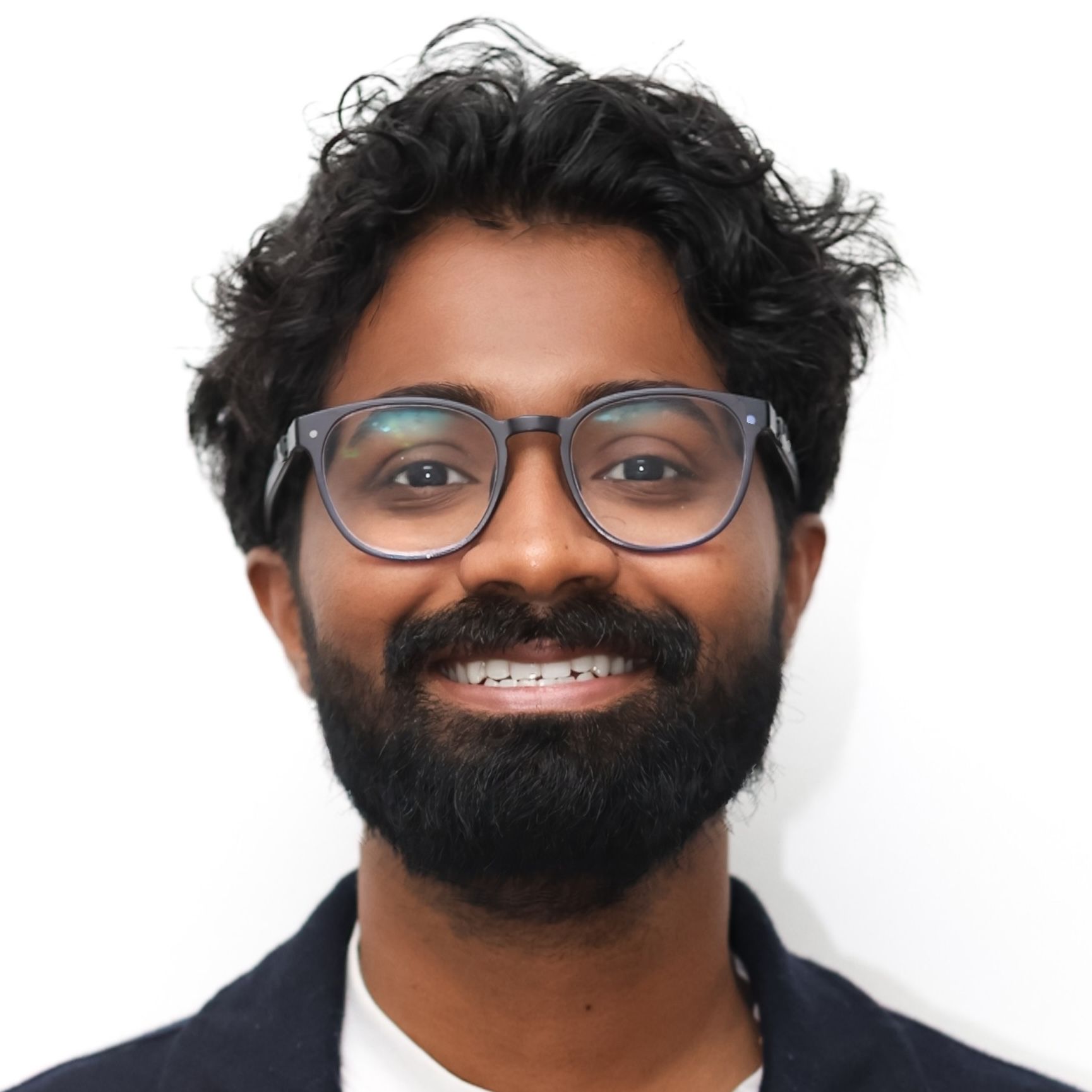The Future of Platform Research Depends on Collective Action
Vineet John Samuel / Nov 13, 2025This piece is part of “Seeing the Digital Sphere: The Case for Public Platform Data” in collaboration with the Knight-Georgetown Institute. Read more about the series here.
Recently, a respected European research organization tried to study how voters discussed political parties on X during Germany's elections. To do so, they filed a data access request as enabled by the Digital Services Act (DSA). The request seemed straightforward, and researchers followed proper channels under DSA, a law specifically designed to give qualified institutions access to platform data for public interest research. X rejected the request, piling on documentation requirements beyond what the law requires and offering no clear explanation.
This specific rejection prevented critical analysis of election narratives. But the rejection itself matters less than what it represents. Across the world, researchers trying to understand how social media platforms shape public discourse, political outcomes, and social behavior are finding doors systematically slammed in their faces.
The above example is just one of many found in the 2025 annual report from the Coalition for Independent Technology Research. The report is based on survey responses from 91 independent technology researchers working across six continents. It found that 6 in 10 respondents struggle to access the basic data they need to do their work, and that 7 in 10 report safety concerns that would have seemed paranoid a decade ago. In addition, nearly 9 in 10 cite funding as their biggest challenge.
This isn't the usual academic complaint about scarce resources or bureaucratic obstacles. What's happening represents something more systemic. Those with the most to hide from public scrutiny have discovered that the easiest way to avoid accountability is to make accountability itself impossible.
Vanishing data access
Let's start with data access. Just two years ago, Twitter offered researchers free API access that enabled the publication of over 17,500 academic papers between 2020 and 2023. That access can now cost upwards of $42,000 per month, clearly beyond what most university departments or civil society organizations can afford.
Last August, in the middle of one of the largest global election years in modern history, Meta shut down CrowdTangle, the tool researchers worldwide relied on to track viral misinformation. The timing was remarkable. The replacement tool Meta now offers, the Meta Content Library, comes with tighter restrictions and lacks real-time tracking, one of the features that made CrowdTangle so useful.
Beyond pricing hikes and API restrictions, some platforms have turned litigious. Elon Musk's X sued the Center for Countering Digital Hate after the organization published reports documenting hate speech and misinformation on the platform, demanding tens of millions in damages. A federal judge, however, saw the case for what it was and dismissed it while ruling that X sued "to punish CCDH for criticism, and perhaps to dissuade others" from similar work.
The damage was already done. A 2023 study conducted at Reuters’ request by the Coalition for Independent Technology Research found that researchers cancelled, suspended, or fundamentally altered over 100 studies about X, with most citing fear of being sued. Even frivolous lawsuits cost enormous amounts to defend against, and most research organizations lack the resources for protracted legal battles.
Increasing risks
In some cases, lawsuits are accompanied by coordinated harassment campaigns, both online and offline, which can prove too costly and burdensome, even for the most senior research institutions. This was most apparent with the concerted campaign that led to the effective closure of the Stanford Internet Observatory. For five years, researchers there conducted pioneering research on online harms, studying everything from child exploitation to foreign interference in elections. However, when the observatory found itself in the crosshairs of House Judiciary Chair Jim Jordan, it had to face a barrage of Congressional subpoenas and lawsuits filed by conservative legal organizations. Eventually, Stanford folded. The university declared it wouldn't participate in election research anymore and systematically dismantled the center. The founding director left. Other staff were told to find work elsewhere.
The money has dried up, too. By May of this year, the US government had terminated over 1,600 active NSF research grants worth more than a billion dollars. The NIH witnessed further cuts amounting to nearly $2 billion. These represent the largest systematic cuts to federal research funding in modern American history. Research on "misinformation and disinformation" saw its funding eliminated starting in April and the proposed 2026 budget would slash NSF funding by 55%, cutting it from $9 billion down to somewhere between $3 and $4 billion. The broad federal funds cuts to research have inevitably also affected independent technology research around the country and when viewed in the face of a sharp increase in research API costs, result in a critical one-two punch on the field.
Some organizations have instead had to turn to private philanthropies for funding. This has its own challenges. Researchers say that in the current political climate, some philanthropies that once funded critical research on platform governance have backed away, describing these topics as too "controversial" for their portfolios. One professor we surveyed captured the broader dynamic: "Universities are afraid of losing funding. Federal funding is basically gone at this point and there isn't enough foundation money to make up for it. All of this combines to create a high level of uncertainty which makes doing research rather fraught."
Outside of the United States, the threats look even more concerning. Researchers surveyed in Venezuela report police confiscating their computer equipment simply for walking near peaceful protests. Similarly, in Lebanon, economic collapse has intersected with political volatility to make even basic research on corruption or geopolitical tensions personally dangerous. Palestinian researchers studying digital rights face Pegasus spyware surveillance and risk arrest for following the wrong news outlets on social media. Their phones get searched at checkpoints. The Israeli government has further proposed taxes of 80% on donations to human rights organizations, a transparent attempt to eliminate the institutional infrastructure that makes research possible. In the Democratic Republic of Congo, armed conflict makes studying internet shutdowns or digital rights violations inherently risky, while unstable electricity and internet access make the basic mechanics of research nearly impossible.
Building resilient networks
But researchers are refusing to accept the suppression of their work and the restrictions on their fields of study. Instead, they're building collective infrastructure that doesn't depend on corporate cooperation. The National Internet Observatory at Northeastern now anchors a growing network of Social Media Observatories across universities. Junkipedia operates as a comprehensive data repository that multiple organizations can use to track digital discourse across platforms. The Knight-Georgetown Institute is working towards defining a uniform, cross-industry framework around “publicly available platform data,” which could be foundational in helping us understand the online information ecosystem as a whole. These aren't small pilot projects. They represent a fundamental shift toward research data ecosystems that are independent of platform control and can't be unilaterally shut down.
Legal advocacy has been equally strategic. When X sued the Center for Countering Digital Hate, the Coalition for Independent Technology Research filed a brief arguing that allowing such suits to proceed would open floodgates for tech companies to silence unfavorable research through selective enforcement of terms of service. The judge agreed and dismissed the case. The Knight First Amendment Institute now offers legal advice specifically for technology researchers and helps administer a legal defense fund. When the Trump administration’s cuts to NSF funding displaced American researchers, coordinated international advocacy persuaded the European Research Council to double the additional amount available for researchers who wanted to relocate from the US from €1 million to € 2 million
Individual researchers facing harassment now have access to support systems that universities failed to build. Expert Voices Together provides one-on-one assistance for researchers under attack. The Researcher Support Consortium offers templates and consultations to help institutions protect their faculty and staff. The DSA 40 Collaboratory in Berlin helps researchers navigate European data access laws and actually exercise their legal rights.
More than half the researchers we surveyed expressed interest in participating in mutual aid and resource-sharing initiatives. The infrastructure is being built. The legal precedents are being established. The support networks are operational. With over 450 researchers across six continents now organizing through the Coalition for Independent Technology Research, collective power is being constructed in real time.
The importance of collective power
The muckrakers of the early twentieth century faced comparable opposition. Meatpacking barons, oil monopolists, and industrial titans used every available tool to silence their critics, including legal harassment, financial pressure, and political influence. What made the difference wasn't individual courage, though that mattered. What made the difference was collective action. Journalists, activists, and concerned citizens working together to defend the fundamental right to investigate and expose wrongdoing.
Today's technology researchers face a similar choice. They can work in isolation, accepting whatever limitations powerful interests choose to impose, or they can build collective power sufficient to reclaim the right to understand the systems that increasingly govern our lives. The question isn't whether researchers can organize effectively anymore. They already are. The question is whether they're organizing fast enough, and at sufficient scale, to preserve the independent oversight that democratic society requires. The challenges are systematic, but so too are the solutions being built. And in that coordination, in that refusal to be picked off one by one, lies the only viable path forward.
Authors

